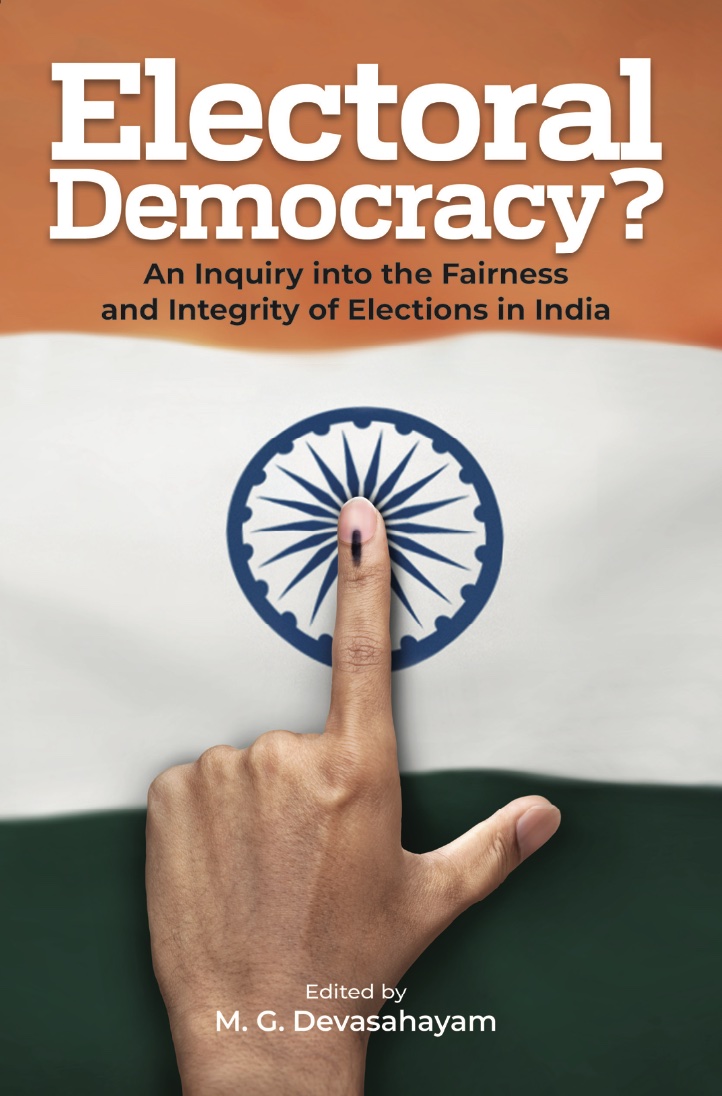Finance minister Arun Jaitley’s maiden Budget clearly indicates that there is little or nothing to differentiate between the economic policies of the BJP and the Congress. The only difference is that the BJP government has a clear majority in the Lok Sabha whereas the Congress led a coalition government and was, therefore, unable to go in for large-scale divestment of shares in PSUs. The UPA government was also unable to increase the cap on FDI in insurance and defence manufacturing because of internal opposition. All these have now been pushed through by the government.
The economic ideology of the BJP is hardly different from that of the Congress. Within the Congress, there was a section that opposed the neo-liberal policies espoused by Manmohan Singh and P. Chidambaram. But this section was usually at the losing end. Former defence minister A.K. Antony, for instance, was far from enamoured of FDI in companies manufacturing defence equipment. Within the BJP too, there would have been resistance if the FM had downsized welfare programmes.
Thus, the overall subsidy bill of the government will go up slightly, from Rs 2,55,516 crore (revised estimates for 2013-14) to Rs 2,60,658 (Budget estimates for 2014-15), which, when adjusted for inflation, will imply a reduction.
Mr Jaitley has assumed that subsidies on petroleum products will come down by around Rs 22,000 crore which would largely offset the rise in food subsidies to the extent of roughly Rs 23,000 crore and fertiliser subsidies by Rs 5,000 crore.
The reason why Mr Jaitley seems confident of containing the fiscal deficit at 4.1 per cent of GDP during the current financial year — a target set by his predecessor — despite foregoing direct taxes worth Rs 22,200 crore and garnering additional indirect taxes worth only Rs 7,525 crore, is his expectation that substantial revenues would accrue by divesting the government’s shareholdings in PSUs.
The budget receipts indicates that during 2014-15, the government hopes to earn Rs 43,425 crore from sales of shares in public sector undertakings over and above the Rs 15,000 crore from the sales of shares held by the government in corporate entities other than PSUs, like Maruti Udyog and Bharat Aluminium.
This Budget has assumed that the country’s GDP will grow by 13.4 per cent in nominal terms during 2014-15. The government has also assumed that the real growth of GDP this financial year will vary between 5.4 per cent and 5.9 per cent. This means that the government is implicitly assuming that average annual inflation will vary between 7.5 per cent and 8 per cent.
Many were expecting Mr Jaitley to reverse the decision taken by former finance minister Pranab Mukherjee in 2012 to retrospectively amend the Income-Tax Act with effect from 1962 to nullify the impact of the SC judgement in the Vodafone tax case. But this has not happened. The court had not allowed the income-tax department to levy capital gains tax on the multinational because it indirectly acquired substantial assets in India through the transfer of a single share in the tax haven of Cayman Islands. Subsequently, the law was amended retrospectively by Mr Mukherjee.
What Mr Jaitley has said is that while the government continues to retain its sovereign right to undertake retrospective legislation, it will exercise this right “with extreme caution and judiciousness” and will not “ordinarily” bring about tax changes retrospectively. As for cases like the one involving Vodafone — on which the disputed tax demand is currently in the region of Rs 18,000 crore or $3 billion — the finance minister has stated that these cases “are at different stages of pendency and will naturally reach their logical conclusion”.
Seeking to assuage the apprehensions of investors, Mr Jaitley has proposed that “all fresh cases arising out of the retrospective amendments of 2012 in respect of indirect transfers (of capital assets in India) and coming to the notice of the assessing officers will be scrutinized by a high level committee.”
There is another noteworthy aspect of the Budget: Mr Jaitley has expended considerable effort in offering something or the other — mainly in small doses — to every section of society. There is a problem in trying to please everybody by spreading the happiness somewhat thinly. One could end up pleasing nobody. That is what may well happen, especially if the economic situation deteriorates sharply because of an unfavorable monsoon and if international prices of crude oil spike on account of the turmoil in West Asia.


